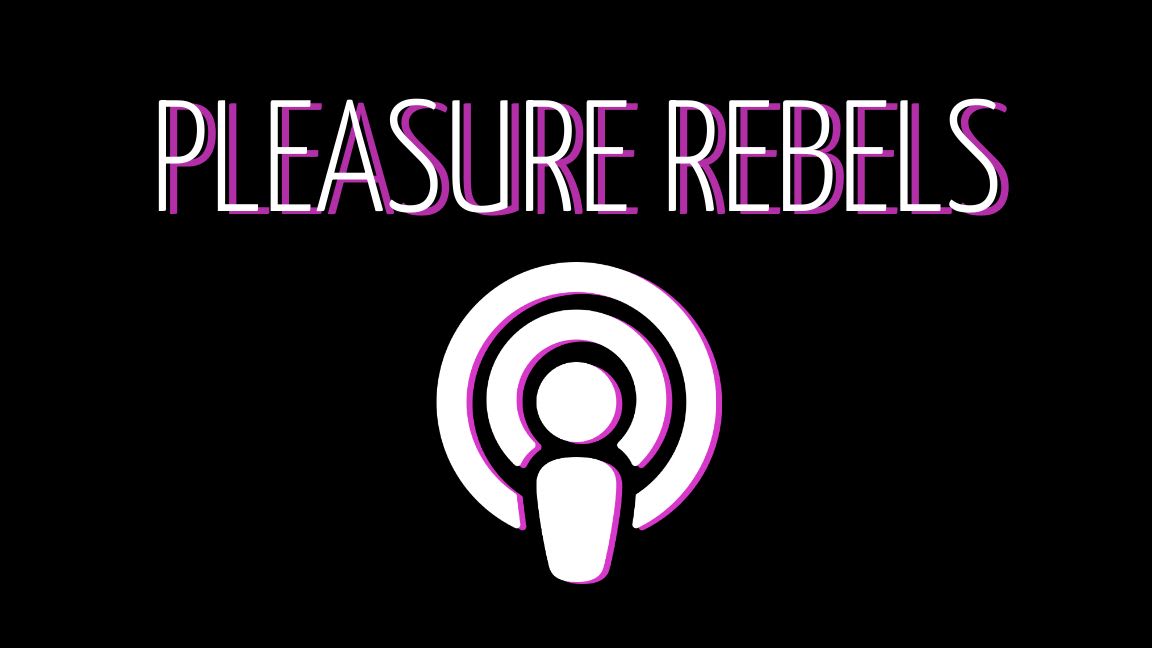Kelly Gordon Bio
8 August 2021


Embrace your sexuality
Kelly joins Hot Octopuss as our resident sex and disability advisor. If you have a question about sex and how to enjoy it more, regardless of disability, this is the place to ask.
No holding back
Kelly Gordon has Spinal Muscular Atrophy Type 3 which is a genetic disability meaning for her, that she uses an electric wheelchair to get around. Kelly's condition is progressive and has meant that she has faced losing her ability throughout her life especially when her body faced big changes and challenges such as pregnancy.
From a young age, Kelly was outspoken and never let anyone dictate what her disability meant or allowed her to flourish. A key mission for Kelly has been to open up the conversation about sex and disability. Why the subject is ignored by mainstream media and why do so many disabled people simply accept that they will not have the fulfilling sex lives others do.

In the media
Kelly also works as a presenter on Hot Octopuss's brand podcast Pleasure Rebels, as well as this Kelly has also worked on projects for the BBC, Channel 4 and Virgin Media. Kelly also regularly appears in mainstream media throughout the UK discussing issues that disabled people face in life and sex.
Talking of her work with Hot Octopuss Kelly notes ''As a brand we have always had disability and inclusion at the forefront of our business plans and product design, so it is important to us that the we are fully accessible and have a specific focus on disability. We have curated a product list that will help to enhance the sex lives of disabled people, but whilst doing this we are also on a mission to normalise disability and sex''.

On Hot Octopuss
Talking of her work with Hot Octopuss Kelly notes ''As a brand we have always had disability and inclusion at the forefront of our business plans and product design, so it is important to us that the we are fully accessible and have a specific focus on disability. We have curated a product list that will help to enhance the sex lives of disabled people, but whilst doing this we are also on a mission to normalise disability and sex''.




